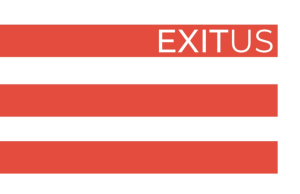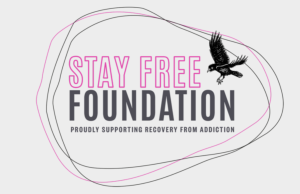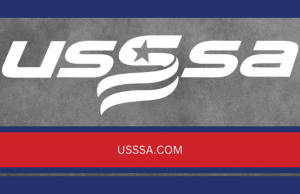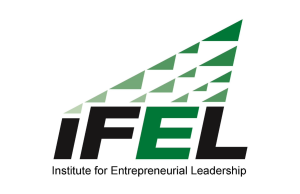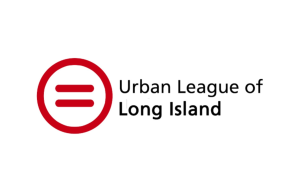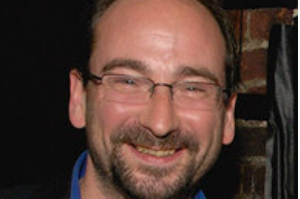Oral arguments in a key donor disclosure case before the United States Supreme Court lasted 105 minutes on Monday morning, with questions from all nine justices and back-and-forth with representatives of the plaintiffs, the California Attorney General, and the federal government.
Among the questions from the justices were whether on facial (on its face) challenges — which would apply to all charities — versus as-applied challenges, impacting only the two petitioners in the case of Americans for Prosperity Foundation (AFPF)/Thomas More Law Center (TMLC) v. Bonta. Rob Bonta is now the California Attorney General, succeeding Xavier Becerra.
The case goes back almost a decade when the California Attorney General’s Office — under then AG-now-Vice President Kamala Harris — began requiring organizations that file with the state’s charitable fundraising registry to also submit the Schedule B of the federal Form 990, which lists major donors of $5,000 or more, or 2% of contributions. AFPF won a permanent injunction in 2016, which was appealed and in 2018, the U.S Court of Appeals for the 9th Circuit ruled that the donor reporting requirement did not violate the First Amendment. That led to plaintiffs asking the U.S. Supreme Court to review the decision.
Rick Hasen, chancellor’s professor of law and political science, at University of California-Irvine, expects a decision by the end of June. Writing on the Election Law Blog, he predicted that California is likely to lose the case. “It collected donor information for law enforcement purposes but allowed the information to leak,” he wrote this morning. “Even liberal Justices Elena Kagan and Sonia Sotomayor “seemed concerned about this, and will likely vote that AFP wins its ‘as applied’ challenge or will vote to remand the case to reconsider the as applied challenge.”
Hasen suggested the votes of Justices Clarence Thomas and Samuel Alito are “not in doubt,” with both likely to rule in favor of the plaintiffs. By the end of oral arguments, he also put the newest justice, Amy Coney Barrett, in that column.
Schedule Bs never have any legitimate use other than when complaints come in, which is about 1% of the time, Derek Shaffer argued on behalf of Americans For Prosperity Foundation (AFPF). California only used them in a handful of cases over 10 years.
There is no law on the books in California requiring Schedule B, Shaffer said, instead describing the requirement as “bureaucratic whim.” The interest is not in reviewing Schedule Bs but having them on hand on a “suspicion-less basis: from all charities to review a “tiny handful” when a complaint arises.
In response to a question from Alito, Shaffer said there were five instances in the past 10 years where Schedule B was used, while the AG’s office contends it was 10 cases. In testimony, the AG’s lead auditor said in his experience, the number was one since 1988, Shaffer said.
“Anything short of facial relief is a pyrrhic victory,” Shaffer said in response to Justice Neil Gorsuch asking why a facial challenge is appropriate in this case. “After seven years, we’re still struggling to test our First Amendment rights,” he said, referring to the length of the case AFPF has been fighting since 2013. “We think the rule of law in this case is clear, not fuzzy. Narrow tailoring at the least is required here. The Supreme Court has done it before.”
Is a charity supposed to attach an affidavit that they’re a controversial charity, Chief Justice John Roberts asked, or how many examples of people being abused would rise to a level that would not require the filing.
“A charity in that situation could come forward with any kind of evidence to bear on that question. It doesn’t turn on a particular number but is there a reasonable standard,” Acting U.S. Solicitor General Elizabeth Prelogar said.
“Organizations are subject to public backlash and cases of public attention, that might cause that chilling concern. But that’s clearly distinguishable from typical donation to typical charity that doesn’t create that public backlash,” Thomas said.
Justice Stephen Breyer wondered whether this is a “stalking horse” for campaign finance disclosure laws. “What’s the difference? How would you distinguish disclosure in campaign finance context?”
Alito asked whether California had ever granted an exemption if a nonprofit submits an affidavit. Prelogar said they were not aware of any evidence in the record. As to a parallel to campaign finance, it can produce a chilling effect, she said, but the response to an average person giving to an average charitable organization, there’s no evidence to conclude individuals would stop giving if this were enforced.
Justice Brett Kavanaugh cited briefs in support of plaintiffs from the ACLU, NAACP and Human Rights Campaign (HRC) that cited a right to maintain one’s association. Nonpublic reporting reduces the risks of harassment and reprisals, from third parties, Prelogar said. Organizations recognize the critical distinction between public and nonpublic disclosure. It’s certainly the case that many organizations desire that type of privacy. An array of amicus briefs on the other side suggest “there is a critical role to have state police charitable fraud, so donors have confidence.”
Upfront collection of Schedule B substantially connects to law enforcement interest, Assistant California Attorney General Aimee Feinberg argued, and is routinely used to examine complaints, concerns about self-dealing, Gifts-In-Kind fraud, and other transactions.
Alito questioned whether there was a de facto public disclosure because of confidentiality breaches in California in the past. “From the perspective of a donor, this is a state that’s been grossly negligent in the past, with no sanctions by someone who leaked information. This may happen again; is that a reasonable way to look at this,” he asked. Feinberg replied that the district court didn’t look at it that way and the AG’s efforts to rectify past lapses and prevent disclosure in the future “were commendable.” If the court disagrees with 9th Circuit, Feinberg said an appropriate course would be to remand on as applied challenges only.
Feinberg said California has concluded upfront collection is important for furthering its interests because of such a large population of charities that solicit billions of dollars from the state’s residents.
Shaffer called it a “totally gratuitous First Amendment intrusion” and claimed that California is never reading Schedule B unless and until an external report arises or complaint is filed. The requirement sweeps in Schedule Bs from tens of thousands of charities, which in turn puts many multiples of donor information into jeopardy.




